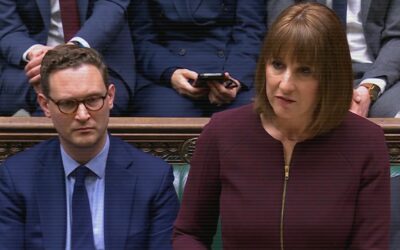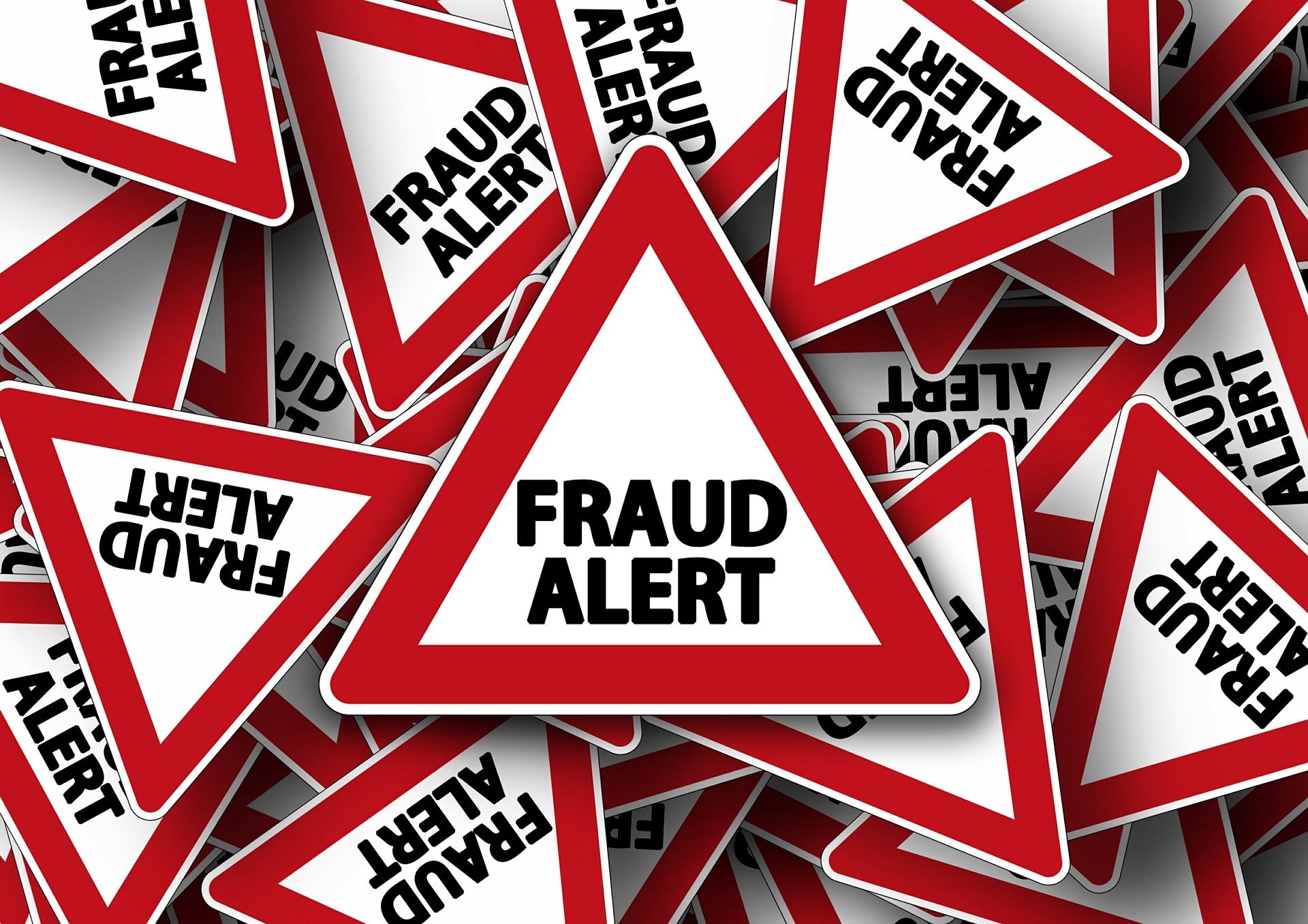Starbucks’s London based HQ for its Europe, the Middle East and Africa (EMEA) division returned $448m to its US parent company in 2018, but paid just $27m in tax after the majority of its non-UK income was exempted from tax. Is that just the international tax system working as it should – or is it a sign that the UK has now become a tax haven for large US multinational corporations and their activities overseas?
Starbucks UK
Starbucks was a name that became synonymous with tax avoidance after Tom Bergin at Reuters revealed the low tax payments the company had been making in an article published in 2012. Tom and his colleagues had noticed that although the accounts of Starbucks in the UK stated that the company had not made a profit since the chain first opened in the UK in 1998, senior company officers had been regularly telling investors that the UK market was profitable for the group. Over that period, Starbucks in the UK had paid a small amount of tax despite its losses, mainly because some costs were not deductible for corporation tax purposes.
The reason for the difference between the losses shown in the UK accounts, and the statements made by senior managers, was in payments the UK company had to make to other Starbucks companies for coffee, the use of the Starbucks brand and interest on loans the company had taken out from other Starbucks companies.
A glance at this year’s UK accounts shows that little has changed. The UK company, Starbucks Coffee UK, continues to make a loss and the company paid £4m in tax due to the fact that it could not count some of its losses against corporation tax.
As before, the story being told in the accounts seems difficult to believe. In 2018, Starbucks filings in the US tell us that globally the company made a 15% profit on every cup of coffee they sold. The UK accounts tell us that selling Starbucks Coffee in the UK continues to be unprofitable. Make of that what you will.
Starbucks EMEA
Following public outcry about Starbucks’s tax behaviour, the company vowed to mend its ways. At one point, the company even said they would voluntarily pay extra tax, and to this day has a policy of not claiming all of the capital allowances it is entitled to.
The biggest change came with the commitment to move the headquarters of Starbucks’s European, Middle Eastern and African Division to London, a move that better reflected the reality of the company’s operations as the divisional management had been working out of the London office.
Moving the EMEA HQ to the UK has led to increases in the amount of cash Starbucks pays to HMRC, as some of the company’s European profits that were previously booked in Amsterdam are now going though UK accounts.
However, the move raised further questions about the structure of the company throughout the region. Last year, the FT reported that Starbucks’s new European HQ in London had an effective tax rate of just 2.8% in 2017. This provoked a furious reaction from Martin Brok, Starbucks EMEA President, who accused the FT of inaccurate reporting.
This was a little harsh, given that the FT were simply taking their numbers from Starbucks’s own annual reports, one of which stated an effective tax rate of just 3.5%. Six months later this document is still available on companies house and has not been amended, despite Starbucks telling the FT that it was wrong.

Starbucks’s argument centred around the large dividend payments received by Starbucks EMEA companies in the UK. Starbucks EMEA limited, the main EMEA company in the UK has two main income streams. It receives royalty payments from other group companies in the region (royalties which will reduce the taxable profits of its non-UK operating companies). It also receives large dividend payments from group companies.
Starbucks EMEA Limited makes a modest profit on the royalty payments and pays corporation tax on that profit, but the dividend income is tax exempt. That means if you include the dividends in the calculation of profit (as Starbucks had done in their accounts) then you get a very low effective tax rate. The tax rate on the profits from the royalty income excluding dividends is closer to (even slightly above) the statutory rate.
Tax Haven UK
So why are dividend payments made to UK holding companies tax exempt? The theory behind this is that dividends are a distribution of profits after tax has been paid, and so any dividends received will have already been subject to tax.
Theory is a fine thing, but the reality may be different. What if, for example, a dividend had been paid by a company that had its profits exempted from taxation, or was located in a tax haven? In that case, there would be no tax imposed on the profits of the subsidiary company, and no tax on the dividend paid to the UK company. Following the Trump Tax Reforms there would be no tax paid when the dividend was sent to the US either. In fact, there would be no taxes paid anywhere.
To prevent this kind of tax free chain from being created, dividends from foreign subsidiaries paid to UK companies used to be included as profits for corporation tax purposes, with a credit given for any foreign tax paid. That meant that if a company had paid taxes on their profits overseas, the credit would mean that no taxes were due in the UK on the dividend received from that profit. If they had not paid any taxes, there would be no credit and the UK would charge tax on the dividend. This served as a disincentive for UK companies to use tax havens, as there would be little point in doing so if the profits would be paid in the UK anyway.
In 2009, this all changed, with the UK introducing a dividend exemption (frequently called a participation exemption), which exempted all dividends paid by foreign subsidiary companies, regardless of whether or not tax had been paid on the dividends. This is just one way in which the UK has turned itself in a tax haven. By giving up our right to tax the profits of UK companies made overseas, we have at the same time told them that we simply don’t care if they shift those profits into tax havens before they get here.
Complex Transactions
So back to Starbucks. The latest accounts given to the press this morning say that the main UK EMEA company, Starbucks EMEA Limited, generated $33m in profits from its UK based EMEA operations. That profit is mainly generated from the royalty payments it received from other EU operations. On top of that, the company received dividends of over $148m which were not taxable. The company paid out $458m to its parent companies, which eventually remitted $448 of that back to the US. The company insists that these large dividends are the result of profit that has been subject to tax overseas before they reached the UK, but how much, and where, is far from clear.
Accounts filed in the Netherlands show that all of the dividends received by Starbucks EMEA Limited that came from a Dutch company, Starbucks Coffee EMEA B.V.. That company had a tax bill of just €570,000 in 2018, and the income it received came from a series of highly complex financial transactions with other Starbucks companies in Switzerland and the Netherlands. One of these companies, Starbucks Switzerland, Austria Holdings, reported a tax bill of just €610,000 in 2018. It is not known how much the other Swiss based company in the group paid in Switzerland.

So where did Starbucks pay tax on these profits remitted to the UK? Given what we know about the profitability of the UK company, and the low taxes paid by its Dutch subsidiaries, and how Starbucks has historically structured its operations, it is possible that the large profits declared in the UK have not been subject to much tax at all. The company insist they have been, but so far they have provided few details of its tax payments outside the UK.
What we do know, is that as long as the UK continues with its dividend exemption, the UK could be used as a tax haven for US companies seeking a conduit to take profits tax free from Europe, the Middle East and Africa, back to the US.
This research featured in The Guardian and the Daily Mirror among others and saw our Director interviewed on talkRADIO.



